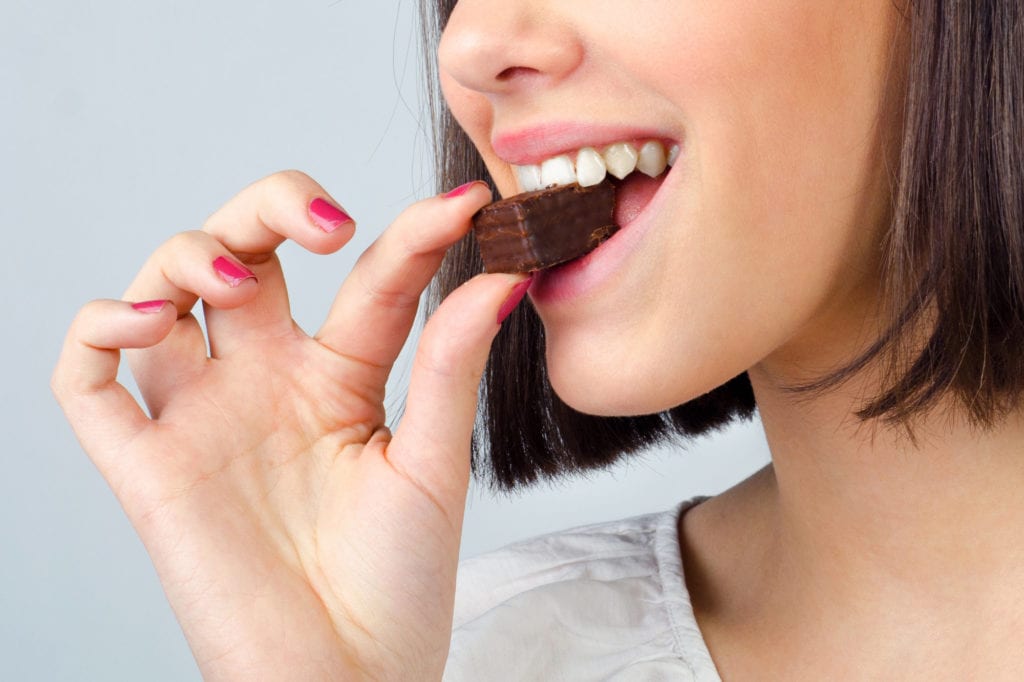If you’ve heard the rumors about sweeteners and oral health, you’re probably wondering if there’s any truth to them. Are sweeteners actually bad for your teeth, or are they just frowned upon?
Today, we’ll cover a few different types of sweeteners and all the ways they can impact your teeth.
The Effects of Sweeteners on Your Teeth
It is true that sweeteners affect your teeth, but the question is: how much? Here are some common sweeteners and facts to be aware of:
Sugar
Sugar is a sweet substance found in many of your favorite foods and drinks, specifically desserts and sodas. It comes in many forms, namely sucrose (a “simple carbohydrate” made by plants).
According to the American Dental Association (ADA), consuming sugar on a consistent basis can weaken your teeth over time. It can also create a buildup of bacteria that wear down your enamel, increasing your potential for cavities. If you must eat sugar, it’s best to eat it alongside a healthy meal to wash away any excess bacteria.
Artificial Sweeteners
Contrary to popular belief, artificial sweeteners (Splenda®, Sweet’N Low®, etc.) are better for your teeth than regular sugar. They’re “non-cariogenic” (i.e., not a factor in tooth decay). In fact, some research shows that they may even help prevent tooth decay by fighting off bacteria and supporting the pH level in your saliva. (That’s one of the reasons why dentists recommend sugar-free gum.)
This is not to say that you should treat artificial sweeteners as a “free-for-all.” While the current science suggests that they can support your oral health, there are other considerations at hand, such as the effect on your long-term, general health.
Alternative Sweeteners
If we’re talking about sugar, we can’t forget alternative sweeteners (stevia, glycerin, monkfruit, etc.). Health-conscious individuals tend to use these to cut down on the total amount of sugar while maintaining a sweet taste in specific foods and drinks, such as coffee.
Like artificial sweeteners, stevia does not lead to cavities or tooth decay. The same applies to other alternative sweeteners, which lack the simple carbohydrates that you’d find in regular sugar that amplify the bacteria count in your mouth. There is still much research to be done on the effects of alternative sweeteners on the teeth, but you can feel safe to use them in moderation.
Conclusion
Artificial sweeteners do not cause tooth decay, nor do many alternative sweeteners. For this reason, the ADA suggests that the best sweeteners for teeth are these instead of real sugar. However, moderation is the key here.
Consume sweeteners sparingly and as a part of a healthy, well-balanced diet to ensure the healthiest mouth (and body).
Biannual dental appointments are the secret to optimal oral health. Call Summit Family and Cosmetic Dentistry today to schedule a time to see Dr. López, one of the Spokane region’s best dentists.

